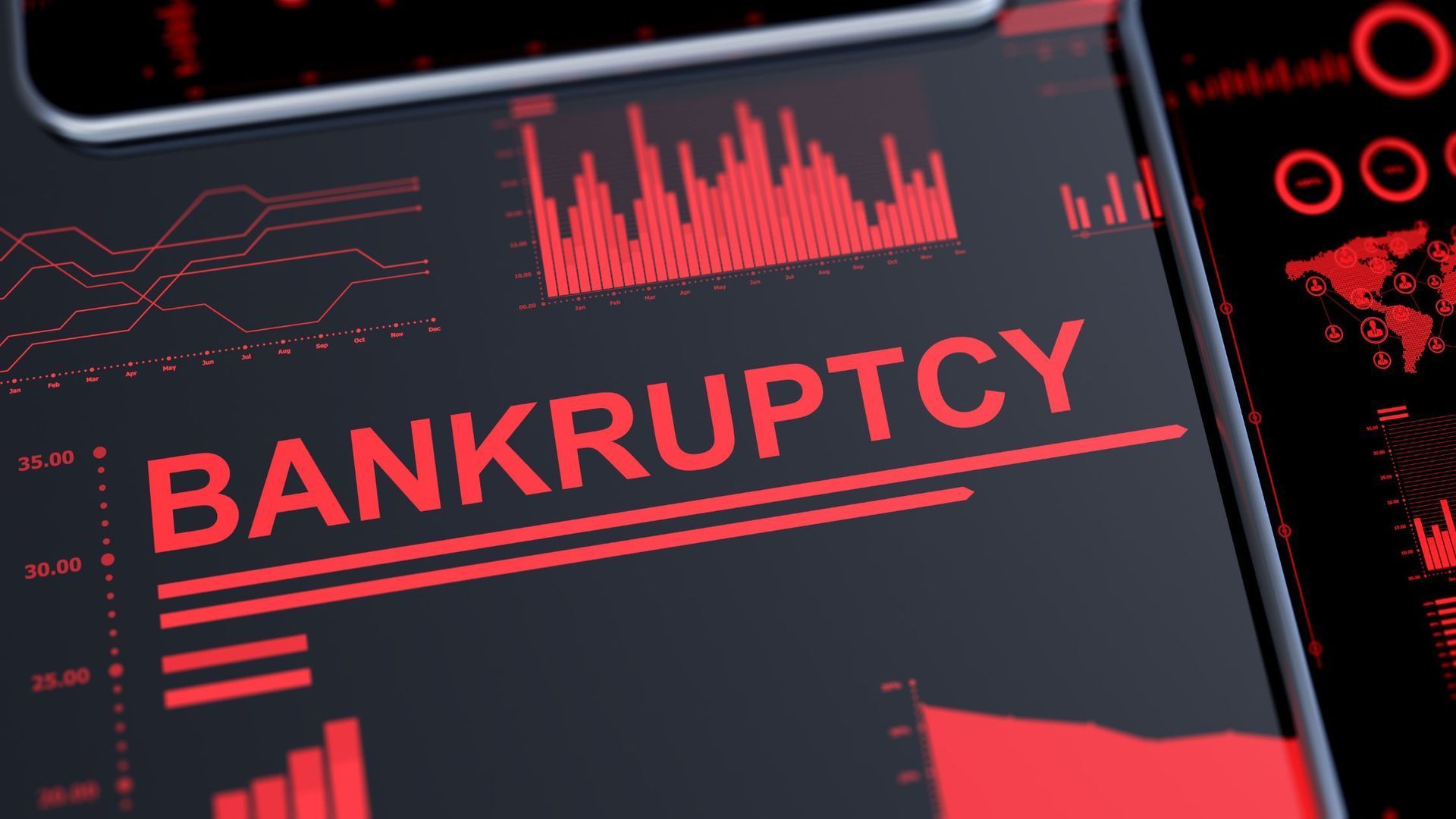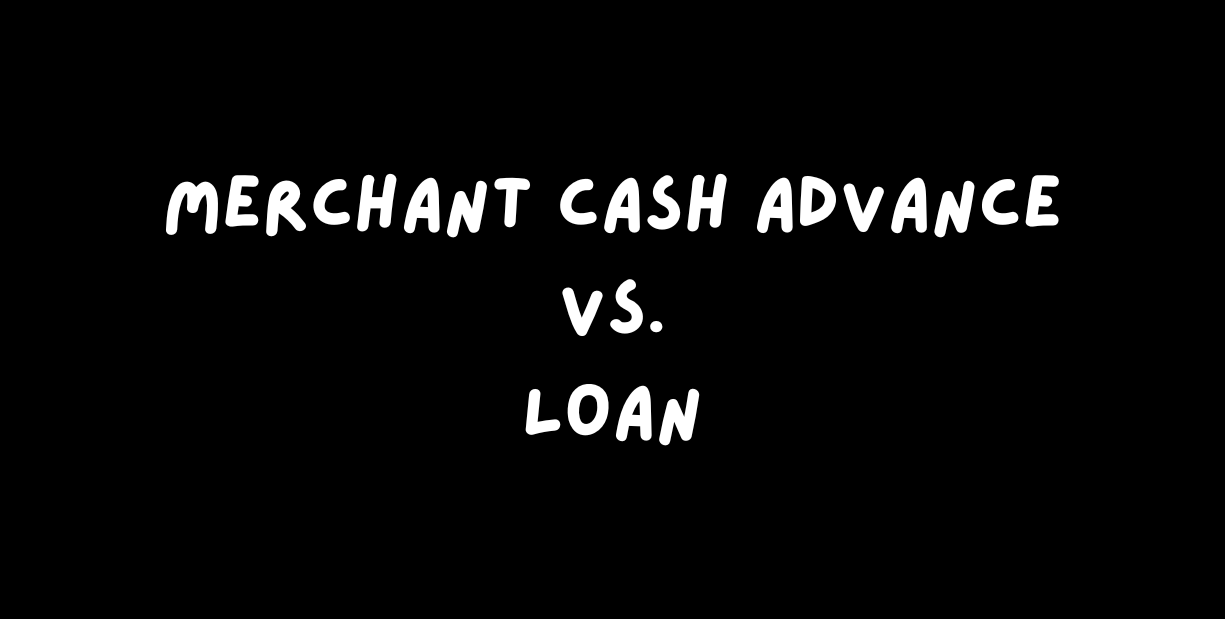Understanding the Differences Between Chapter 11 and Chapter 13 Bankruptcy: A Guide for Individuals and Businesses
Chapter 11 Bankruptcy Vs. Chapter 13 Bankruptcy

What is Chapter 11 Bankruptcy?
Chapter 11 bankruptcy , often referred to as reorganization bankruptcy, is primarily used by corporations, partnerships, and LLCs, although it is also available to individuals whose debts exceed the limits of Chapter 13. The primary aim of Chapter 11 is to allow a business to continue operating while restructuring its debts, which can provide the breathing room necessary to become profitable again.
Key Features of Chapter 11:
- Eligibility : Available to both businesses and high-debt individuals.
- Process : Involves filing a petition, continuing operations as 'debtor in possession,' and creating a reorganization plan.
- Outcome : Enables businesses to restructure debts and operations strategically.
What is Chapter 13 Bankruptcy?
Chapter 13 bankruptcy , also known as a wage earner's plan, allows individuals with regular income to develop a plan to repay all or part of their debts. Under this chapter, debtors propose a repayment plan to make installments to creditors over three to five years.
Key Features of Chapter 13:
- Eligibility : Exclusively for individuals with regular income and debt amounts within certain thresholds.
- Process : Debtors file a petition and a detailed repayment plan, which the court must approve.
- Outcome : Allows individuals to keep their property and repay debts over time, usually through lower, manageable monthly payments.
Comparing Chapter 11 and Chapter 13 Bankruptcy
Choosing the Right Path
- Cost Considerations : Chapter 11 is typically more expensive and complex, involving higher legal fees and administrative costs. It's generally suitable for larger businesses or individuals with substantial assets. In contrast, Chapter 13 is more cost-effective for individuals needing to restructure their consumer debts.
- Debt and Asset Management : For businesses that need to remain operational and manage more enormous debts, Chapter 11 offers a viable path to restructure to promote profitability and long-term viability. Individuals, especially those whose primary concern is retaining a home or other significant assets while managing smaller debts, will find Chapter 13 more appropriate.
- Long-term Impacts : Both types of bankruptcy can significantly impact your credit score, but they also offer a fresh start to manage or eliminate debts in a structured way. Choosing the right type depends on your long-term financial goals and current financial situation.
Deciding between Chapter 11 and Chapter 13 bankruptcy involves thoroughly evaluating your financial status, goals, and the specifics of your debts. Consultation with a bankruptcy attorney can provide personalized insights and guidance tailored to your unique circumstances. If you're considering bankruptcy, our law firm is here to help you navigate these complex processes and achieve the best possible outcome.











